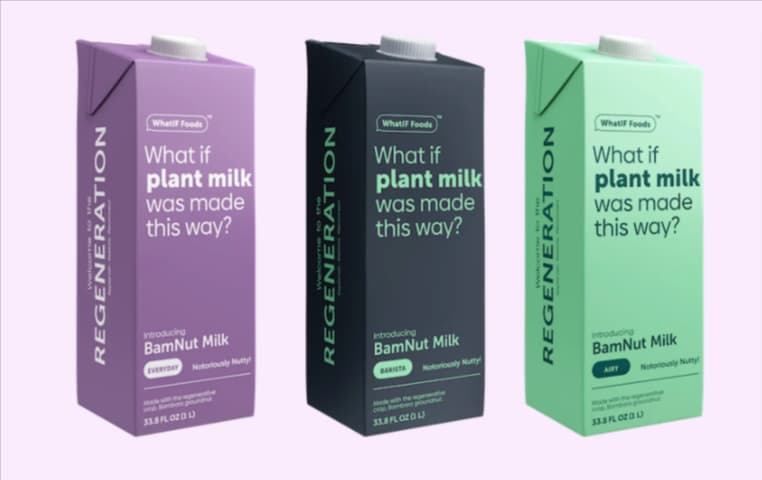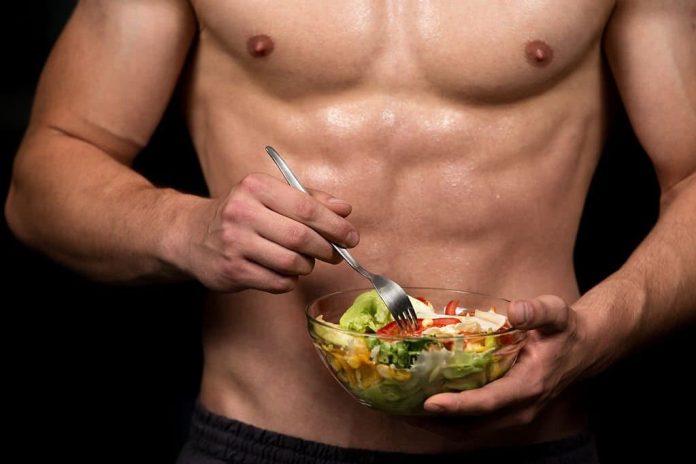Are you looking to build muscle mass but don’t know which plant-based foods are the best?
Worry not; we are here to tell you!
Plant-based foods are the perfect choice for building muscle mass. They’re chock full of protein, essential to help you pack muscle.
If you’re looking to build muscle, you’ve probably considered whether or not eating a plant-based diet is going to benefit your efforts. Moreover, it’s a popular belief that meat-based diets are better for building muscle mass. Still, an even more commonly held belief is that plant-based diets are far superior.
So the question is,
Why are proteins vital for muscle building?
Well, proteins are required to recover your exhausted muscles after a vigorous workout. All workouts such as strength training and strenuous yoga put tightness on your muscles, resulting in muscle cracks. Proteins aids these cracks heal faster and help you gain muscular mass.
So what are plant-based foods that count as protein?
We’ve got them listed here!
- Kernels and Seeds
Kernel and seeds are one of the most vital plant-based foods that are ideal for building muscle mass. Hemp seeds, sesame, pumpkin seeds, and chia seeds contain approximately 20 to 40 grams of protein content per 100g. There is no need to eat a handful of these seeds or kernels; however, you can make your own mix of seeds/kernels and put them into a bowl of coconut yogurt or some vegetable salad for an extra bite of taste. You can also mix the seeds or kernels in your smoothie for an extra dose of protein.
- BamNut Milk
It’s something new but really helpful in building muscle mass. It is made of Bambara groundnut – a legume related to peanuts. BamNut milk is a plant-based milk that is full of protein. You can make tea and coffee from it; the amazing thing is that it doesn’t spoil your diet. Furthermore, BamNut milk is creamy in texture and is naturally sweet; you can have it in your breakfast with your morning cereals or consume it as your post-workout milk. It is highly affordable and a new thing you should definitely give a try. It has over 5g of protein, and is low in fat.

So, why go for cow milk or something else when you can have BamNut milk?
- Peanut Butter
Recommended by many body builders and gym trainers! It’s not only nutritious but also delicious and high in protein. Per 100g of peanut butter contains roughly 25g of protein. Most forms of peanut butter are vegan in general. It is also a good source of antioxidants, minerals, vitamins, and monounsaturated fat that help your body stay healthy and function well.
- Beans and Legumes
Beans and legumes are also mentioned as good substitutes for protein, but be cautious about which one you choose. Soybeans, split peas, kidney beans, mung beans, chickpeas, and lentils are excellent for 20 to 35 g of protein per 100 g. Moreover, beans and legumes also have a lot of fibre that is essential in mitigating visceral fat. You can also try homemade bean burgers or consume a bowl of steamed edamame after a workout as a snack.
- Fresh Green Vegetables
Fresh (green) veggies don’t provide as much protein as the other options, but they shouldn’t be overlooked as part of your meal. Additionally, if you want to eat the most protein-rich vegetables, choose from the following:
- Artichokes
- Asparagus
- Cauliflower
- Spinach
- Kale

- Tempeh and Tofu
Tofu, as well as Tempeh, are both meat substitutes that contain 12g of protein per 100g and are very good for health. To exemplify, you can add tofu and Tempeh to all curries, salads, and stir-fry dishes or consume them as they are.
- Spirulina
Spirulina powder can be readily added to a smoothie or dish, or supplements of it can be consumed on a daily basis. Moreover,it contains a protein content of 70%, which is extremely high. This means it has a higher protein content than meat and dairy.
- Porridge Oats
Oatmeal is an ideal post-workout meal or breakfast to intake protein. It has approximately 135 grams of protein value as per 100 grams and is simple to mix with some other vegan proteins. Furthermore, you may make your own protein booster by combining soy milk, peanut butter, a handful of blueberries, and some nuts.

- Potatoes
Keeping caloric requirements in mind while eating for muscle development, growth and recovery is indispensable. Moreover, potatoes are an ideal option for this. They’re high in carbohydrates, which is a great energy source.
Potatoes are filling, rich in antioxidants, and sweet. Whichever potato you select, we recommend having it before or after your workout for energy and recovery.
To Wrap up
Ultimately, the choice is yours. Your diet can be broad and flexible or narrow and focused—it’s totally up to you. We recommend you experiment with different approaches and see what works best for you. After all, our bodies are all wildly different (some people end up loving tofu, while others can’t stay away from avocados). So there isn’t a one-size-fits-all approach to building muscle on a plant-based diet.
But if you peruse this list of plant-based protein sources and stick to some tried-and-true guidelines of strength training. You should take pleasure in the work, keep your sessions intense but not maximal, and avoid overtraining, and you may find that a plant-based diet is an effective way to bulk up!




